Resale. It will happen.
Suzi AKA DesertDance So CA Zone 9b
11 years ago
Related Stories
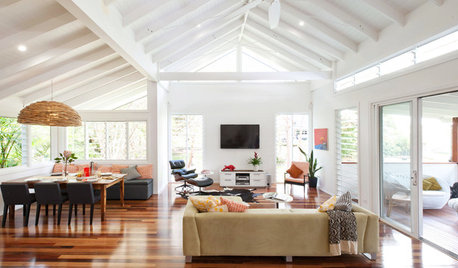
LIFE8 Ways to Tailor Your Home for You, Not Resale
Planning to stay put for a few years? Forget resale value and design your home for the way you live
Full Story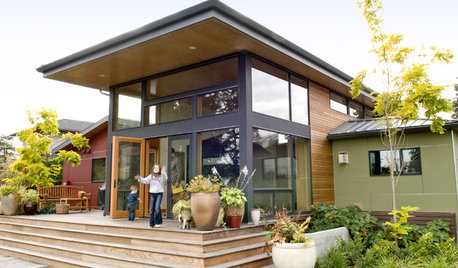
SELLING YOUR HOUSE10 Ways to Boost Your Home's Resale Value
Figure out which renovations will pay off, and you'll have more money in your pocket when that 'Sold' sign is hung
Full Story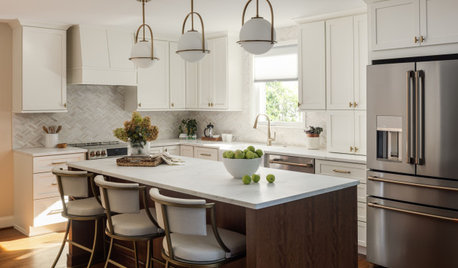
MOST POPULAR5 Remodels That Make Good Resale Value Sense — and 5 That Don’t
Find out which projects offer the best return on your investment dollars
Full Story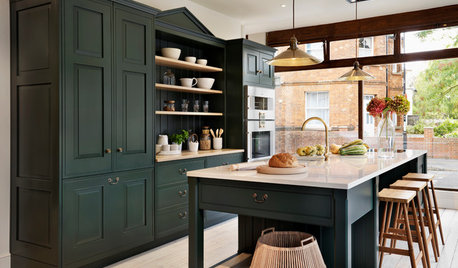
SELLING YOUR HOUSEKitchen Ideas: 8 Ways to Prep for Resale
Some key updates to your kitchen will help you sell your house. Here’s what you need to know
Full Story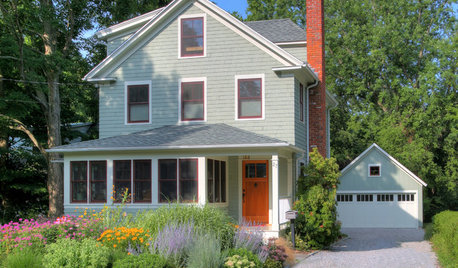
GREAT HOME PROJECTSUpgrade Your Front Yard for Curb Appeal and More
New project for a new year: Revamp lackluster landscaping for resale value, water savings and everyday enjoyment
Full Story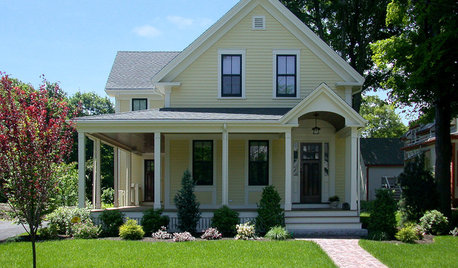
LIFETrue Confessions of a House Stalker
Letting go when a new owner dares to change a beloved house's look can be downright difficult. Has this ever happened to you?
Full Story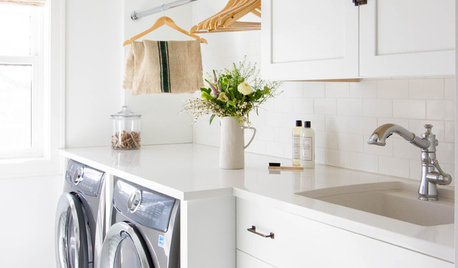
MOST POPULARHow to Remodel the Laundry Room
Use this step-by-step guide to figure out what you want and how to make it happen
Full Story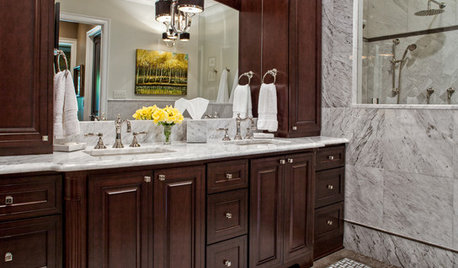
REMODELING GUIDESBathroom Workbook: How Much Does a Bathroom Remodel Cost?
Learn what features to expect for $3,000 to $100,000-plus, to help you plan your bathroom remodel
Full Story





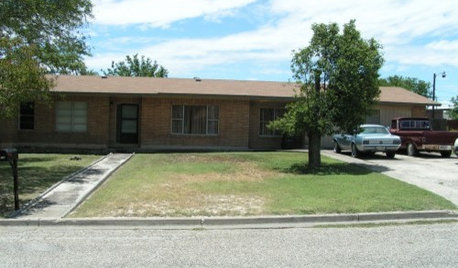
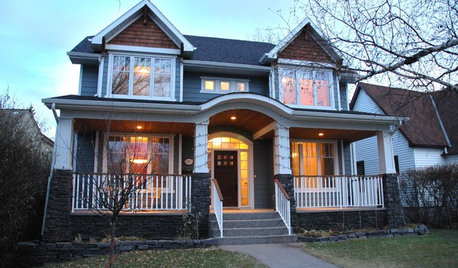
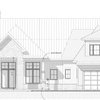
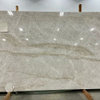
myhappyspace
LOTO
Related Professionals
Washington Architects & Building Designers · Bell Design-Build Firms · Ammon Home Builders · Buenaventura Lakes Home Builders · Four Corners General Contractors · Gallatin General Contractors · Jacksonville General Contractors · Medford General Contractors · Midlothian General Contractors · New Milford General Contractors · North Lauderdale General Contractors · Pine Hills General Contractors · Rossmoor General Contractors · Signal Hill General Contractors · Wheaton General ContractorsSuzi AKA DesertDance So CA Zone 9bOriginal Author
palimpsest
virgilcarter
galore2112
sweet.reverie
mtnrdredux_gw
Annie Deighnaugh
mrspete
deegw
palimpsest
mtnrdredux_gw
LE
bus_driver
Annie Deighnaugh
palimpsest
allison0704
mtnrdredux_gw
palimpsest
peegee
LuAnn_in_PA
palimpsest
allison0704
LuAnn_in_PA
palimpsest
southerncanuck
Annie Deighnaugh
palimpsest
allison0704
Annie Deighnaugh
allison0704
Annie Deighnaugh
StellaMarie
sapphire6917